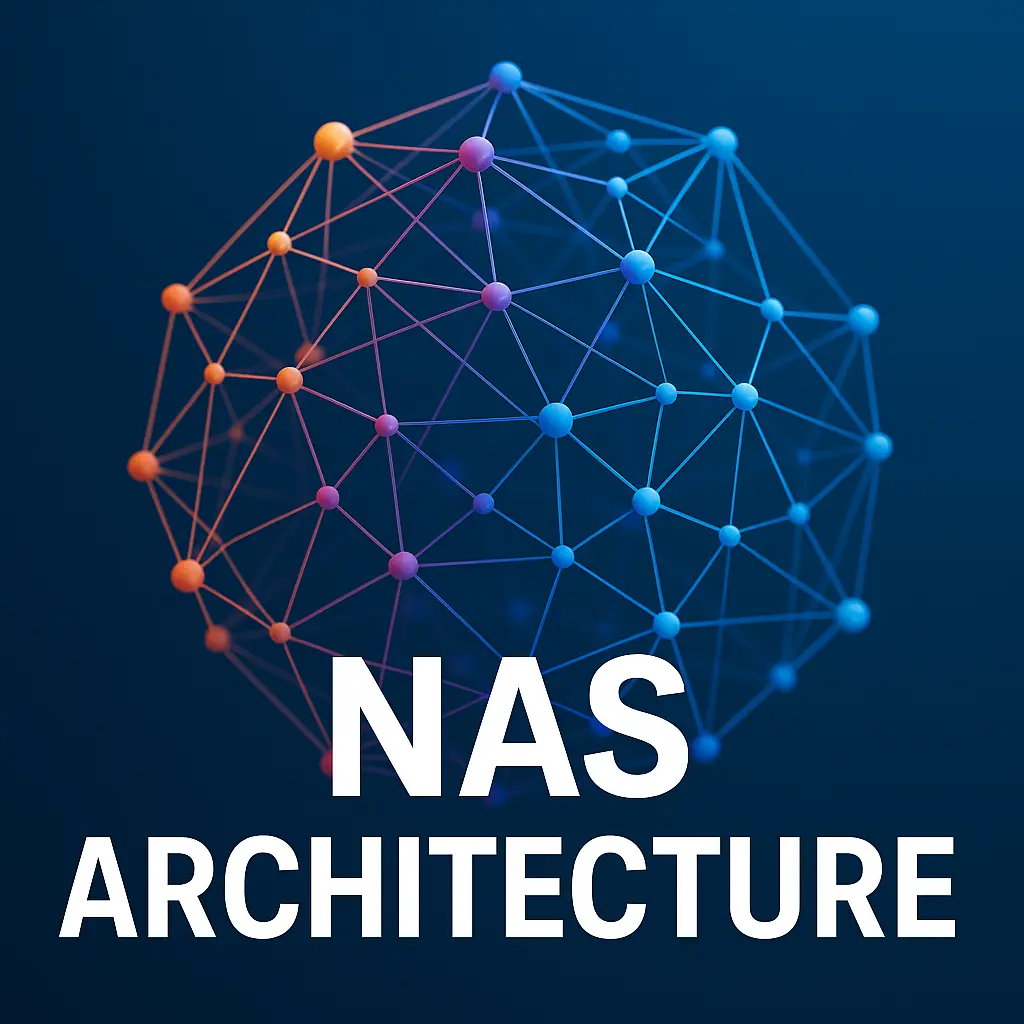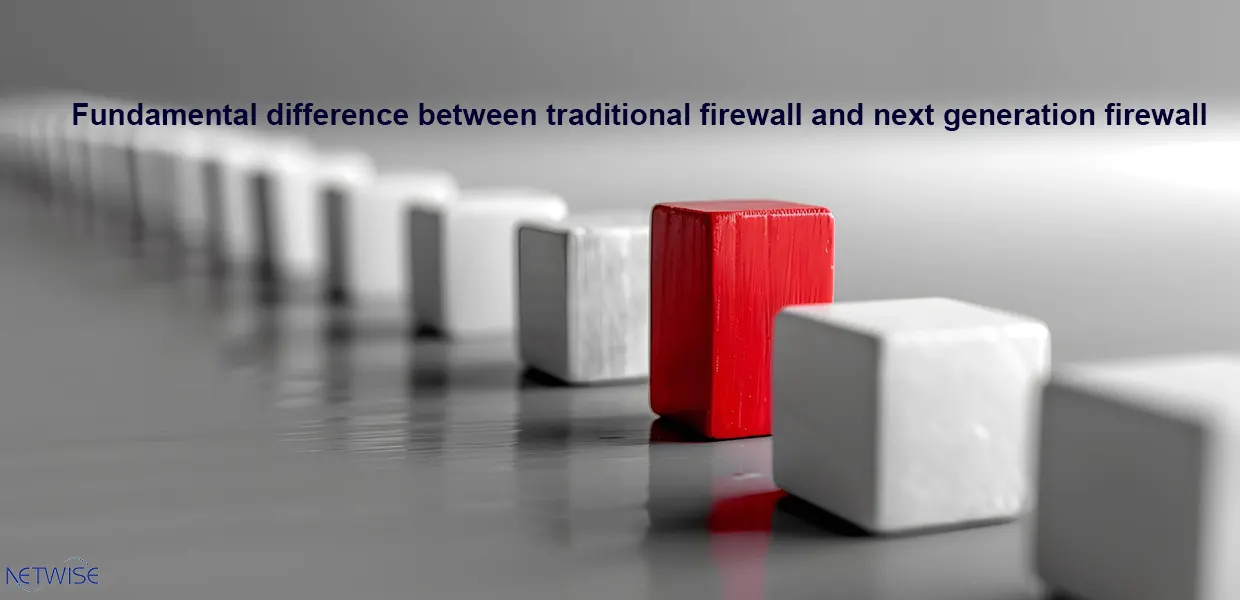Difference between firewall and next generation firewall
In difference between firewall and next generation firewall, it’s essential to understand a few key concepts:
Overview of Traditional Firewalls
A traditional firewall is a network security device designed to monitor and control incoming and outgoing network traffic based on predefined security rules. It acts as a barrier between trusted internal networks and untrusted external networks, such as the internet.
Purpose and Functionality
The primary purpose of a traditional firewall is to filter traffic to prevent unauthorized access while allowing legitimate traffic. It typically works by inspecting packet headers and deciding whether to allow or block them based on source and destination addresses, port numbers, and protocols.
Definition of Next-Generation Firewall (NGFW)
A Next-Generation Firewall (NGFW) goes beyond traditional packet filtering by incorporating deep packet inspection, intrusion prevention systems (IPS), and application-layer filtering. It integrates multiple security functions, including threat intelligence and advanced malware detection, to offer more comprehensive protection.
Evolution from Traditional Firewalls
NGFWs have evolved from traditional firewalls to address the increasing complexity of modern cyber threats. As networks became more dynamic and cyber-attacks more sophisticated, traditional firewalls lacked the contextual awareness and advanced security features needed to mitigate these risks.
Importance of Understanding difference between firewall and next generation firewall
With the increasing number of cyber threats and evolving technologies, it’s crucial for organizations to understand the differences between traditional firewalls and NGFWs. This knowledge helps in making informed decisions about which firewall technology best suits their security needs and network infrastructure.
Core difference between firewall and next generation firewall
| Traditional Firewalls | Next-Generation Firewalls |
| Basic Traffic Filtering and Monitoring: Traditional firewalls perform basic traffic filtering using pre-defined rules and monitor traffic at the network layer based on IP addresses, ports, and protocols. | Enhanced Traffic Inspection and Control : NGFWs perform deep packet inspection, analyzing the data within each packet at multiple layers (including the application layer), allowing them to detect and prevent a wider range of threats. |
| Lack of Contextual Awareness : Traditional firewalls are limited in their ability to understand the context of traffic. They cannot analyze the content of the data packets beyond their headers, making it difficult to detect sophisticated threats embedded within allowed traffic. | Utilization of Multiple Layers of Security : NGFWs employ multiple layers of security by combining traditional firewall features with additional functions like IPS, advanced malware protection, and application control, making them more effective against modern cyber-attacks. |
| Basic Firewall Rules and Policies: Traditional firewalls rely on static rules based on IP addresses, ports, and protocols. This approach limits their ability to adapt to dynamic and sophisticated attack patterns. | Integrated Intrusion Prevention Systems (IPS): NGFWs come with built-in IPS capabilities, allowing them to detect and block intrusion attempts in real-time, providing a proactive layer of defense against cyber threats. |
| Limited Intrusion Prevention : Traditional firewalls generally lack built-in intrusion prevention systems (IPS) and are not equipped to handle advanced malware or application-level threats. | Advanced Malware Protection and Detection : NGFWs are designed to detect and prevent advanced malware through features such as sandboxing, file reputation analysis, and signature-based detection. |
| Simplicity and Ease of Configuration: Traditional firewalls are simpler to configure and manage, making them a good fit for small businesses or environments with basic security needs. | Complexity and Resource Requirements : NGFWs are more complex and resource-intensive than traditional firewalls due to their advanced features and deep packet inspection capabilities. They require more processing power and may necessitate additional resources for effective deployment. |
| Potential Performance Bottlenecks : As network traffic increases and threats evolve, traditional firewalls may struggle to handle the load, potentially becoming performance bottlenecks in large or complex networks. | Improved Performance Through Optimizations : Despite their complexity, NGFWs often come with performance optimization features that allow them to handle high volumes of traffic efficiently while maintaining robust security. |
Comparison of Next-Generation Firewalls and Traditional Firewalls for Enterprise Network Protection
Next-generation firewalls (NGFWs) have revolutionized network security by offering a more comprehensive and proactive approach compared to traditional firewalls.
While traditional firewalls primarily focus on blocking traffic based on predetermined rules, NGFWs go beyond this by incorporating advanced features such as deep packet inspection, intrusion prevention systems (IPS), and application control.
This enables them to detect and prevent a wider range of threats, including zero-day attacks and advanced persistent threats (APTs).
NGFWs also provide granular control over network traffic, allowing organizations to enforce strict security policies and protect sensitive data.
Key Features of Next-Generation Firewalls and Their Role in Combating Advanced Threats
Next-generation firewalls are equipped with a variety of features that enable them to effectively combat advanced threats. These features include deep packet inspection, which allows NGFWs to analyze the content of network traffic and identify malicious payloads.
Additionally, NGFWs often incorporate sandboxing capabilities, which enable them to safely execute suspicious code in an isolated environment to determine its behavior.
Other key features include intrusion prevention systems (IPS), application control, and URL filtering. By leveraging these capabilities, NGFWs can provide organizations with a robust and adaptable security solution that can keep pace with the ever-evolving threat landscape.
difference between firewall and next generation firewall in Use Cases
Scenarios Suited for Traditional Firewalls
– Basic Network Protection:
Traditional firewalls are ideal for environments requiring basic network protection without the need for advanced security features, such as home offices or small businesses with simple networks.
– Small Businesses with Minimal Security Needs:
For small organizations with limited budgets and straightforward security needs, traditional firewalls provide an affordable and easy-to-manage solution.
Scenarios Suited for Next-Generation Firewalls
– Enterprises with Advanced Security Requirements:
Large enterprises with complex network environments and a higher risk of cyber threats benefit from the advanced capabilities of NGFWs, such as deep packet inspection and integrated IPS.
– Organizations Seeking Comprehensive Threat Management:
Organizations looking for comprehensive threat management solutions, including application-layer protection and malware detection, will find NGFWs essential for securing their networks.
Choosing the Right NGFW and Distributor
Difference between firewall and the next generation firewall (NGFWs) is that they offer more advanced capabilities such as IPS, URL filtering, and application control. NGFWs have revolutionized network security.
Through the use of sophisticated methods such as IPS (intrusion Prevention Systems), URL filtering, and application control NGFWs give a deeper level of security as compared to traditional firewalls that only filter traffic using IP addresses and ports.
If you indeed wish to benefit from all the functional features of an NGFW device, then you must select a company whose products are reliable. Fortinet, Palo Alto Networks, Juniper and Sophos are the names of the main companies that provide network security solutions and their products are already well-known for high performance, reliability, and diverse features.
Nonetheless, a product’s selection is only a part of the puzzle. The partnership with authorized distributor is the main element in the successful implementation and management of an NGFW. Apart from offering real products, authorized distributors also give important services such as:
- Expert consultation: Assisting in selecting the most suitable NGFW based on the organization’s specific needs
- Installation and configuration: Accurately performing the installation and configuration process
- Training: Providing necessary training to the organization’s IT team for managing and maintaining the device
- Technical support: Offering 24/7 technical support in case of any issues
By choosing an authorized distributor, you can ensure that your NGFW is correctly configured and operating at peak performance.
In summary, to enhance the security of one’s cyber network, it is advisable to acquire next-generation firewalls from reputable brands and partner with authorized distributors. This method, besides strengthening the security of the network, will also assist in saving money that would otherwise go to cyberattacks and in making the organization more efficient.






2 Responses
المقالة تشرح الفرق بين جدار الحماية التقليدي (Firewall) وجدار الحماية من الجيل التالي (NGFW)، مع التركيز على المزايا التي يقدمها الأخير في الحماية ضد التهديدات المتطورة. يتناول المقال كيفية تحسين الأمان السيبراني من خلال استخدام تقنيات أكثر تطوراً. هذه المعلومات مهمة للشركات التي ترغب في تعزيز دفاعاتها ضد الهجمات الإلكترونية.
شكرًا على تعليقك المميز. نحن سعيدون لأنك وجدت المقالة مفيدة في توضيح الفرق بين جدران الحماية التقليدية وجدران الحماية من الجيل التالي (NGFW). كما ذكرت، فالفايروسات والتهديدات المتطورة تتطلب تقنيات أكثر تطوراً لحمايتها، ونحن نأمل أن تكون المعلومات المقدمة قد ساعدتك في فهم كيفية تحسين الأمان السيبراني باستخدام الحلول الحديثة. إذا كان لديك أي استفسار آخر أو تحتاج إلى المزيد من التفاصيل، فلا تتردد في الاتصال بنا.